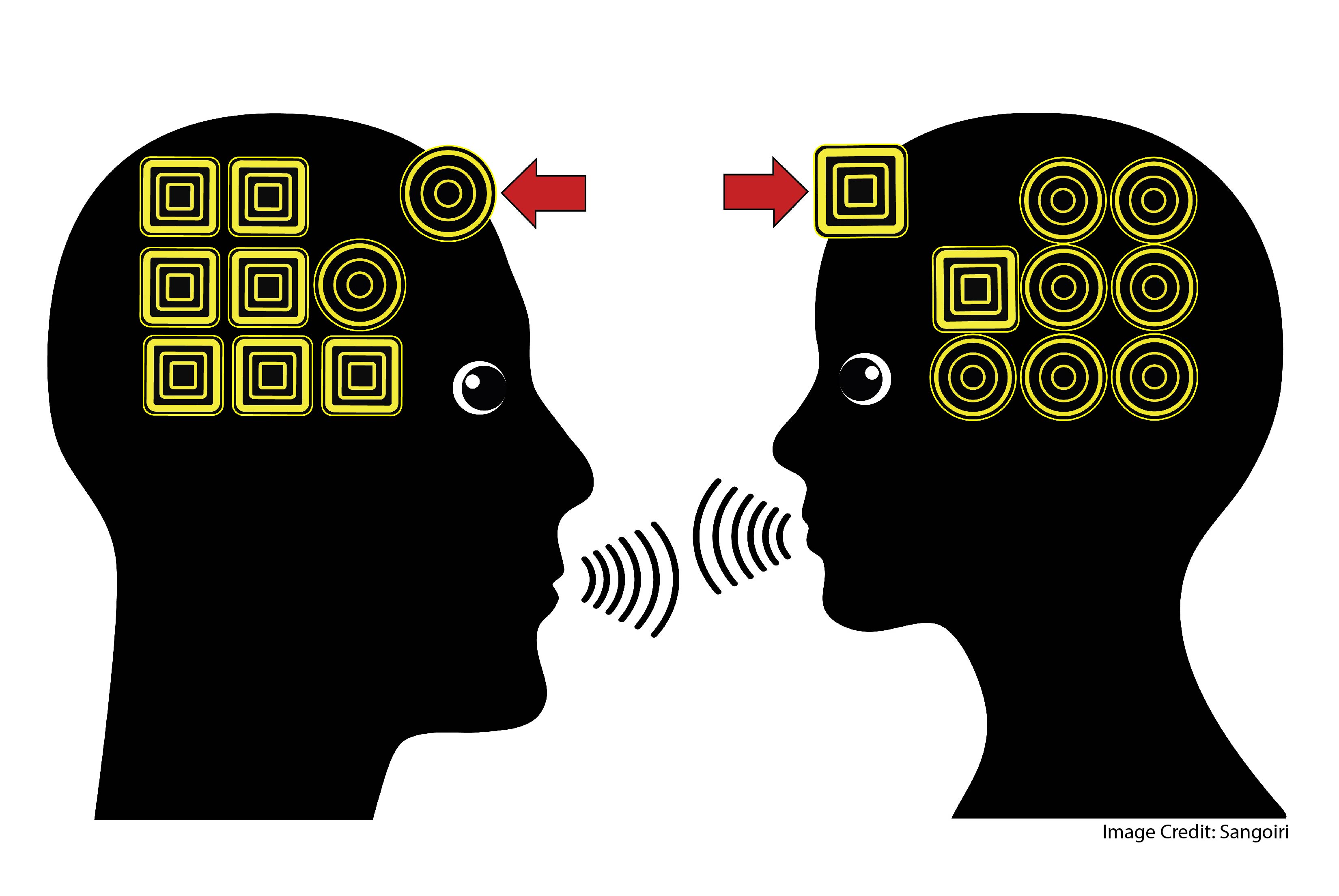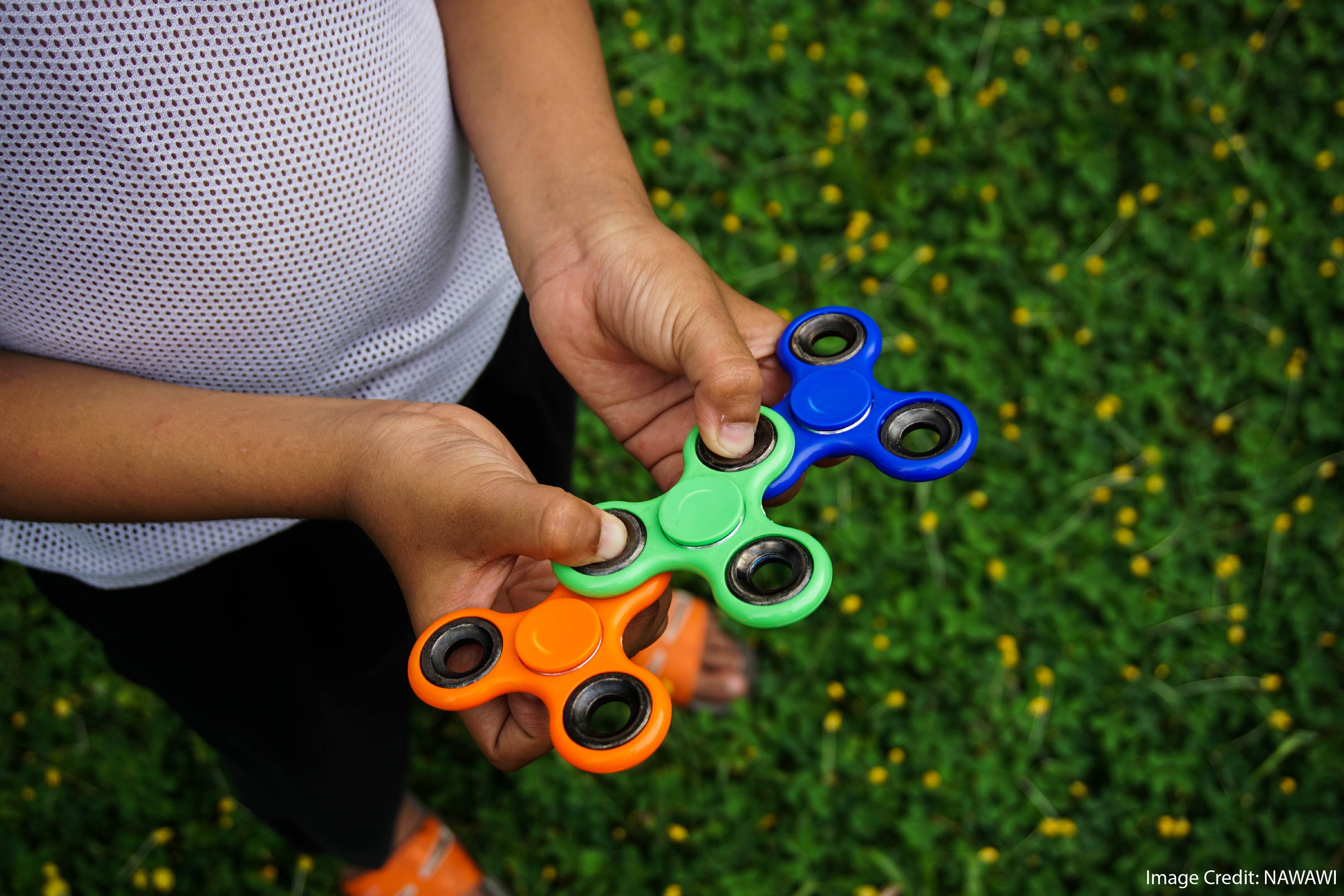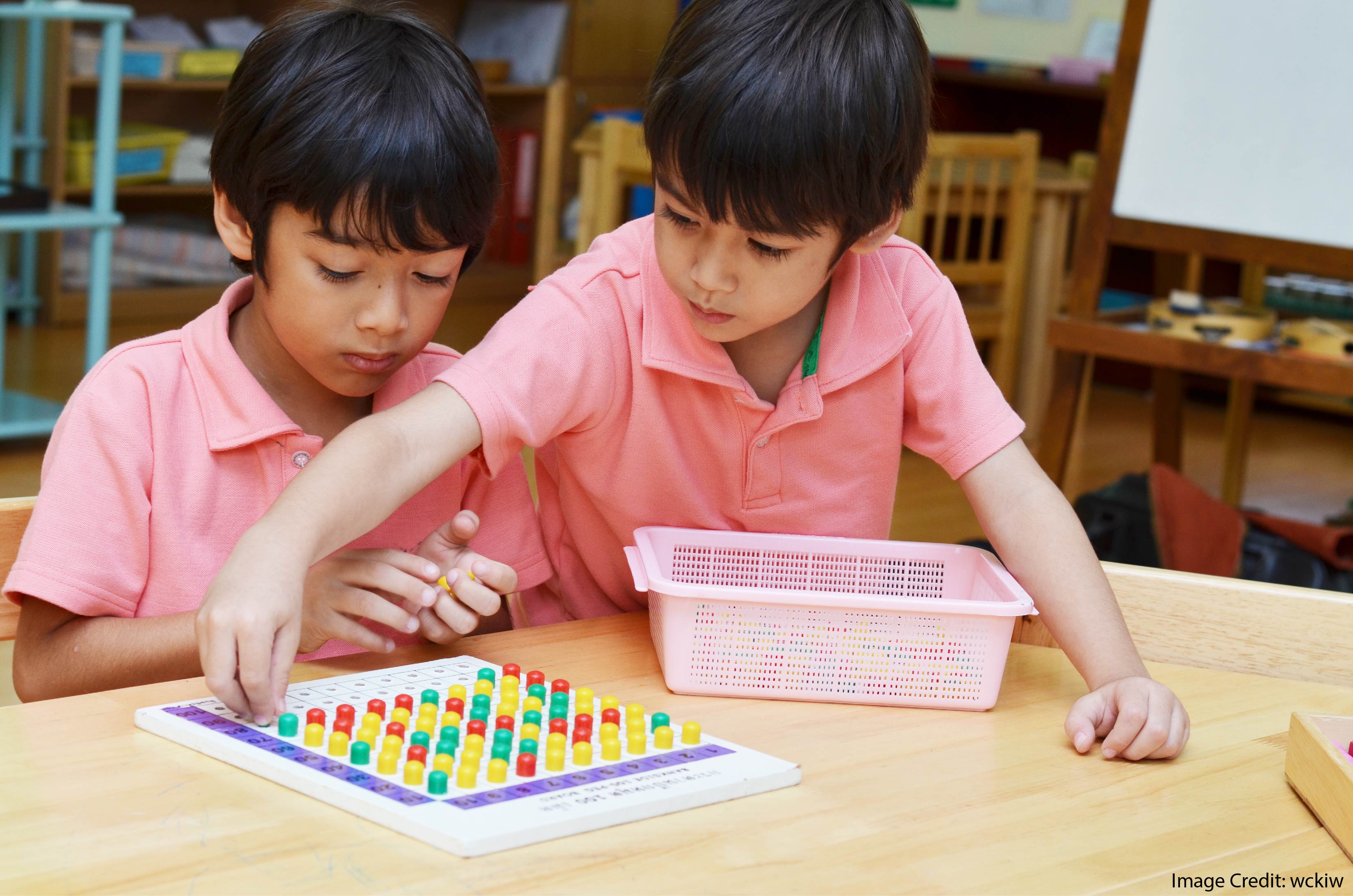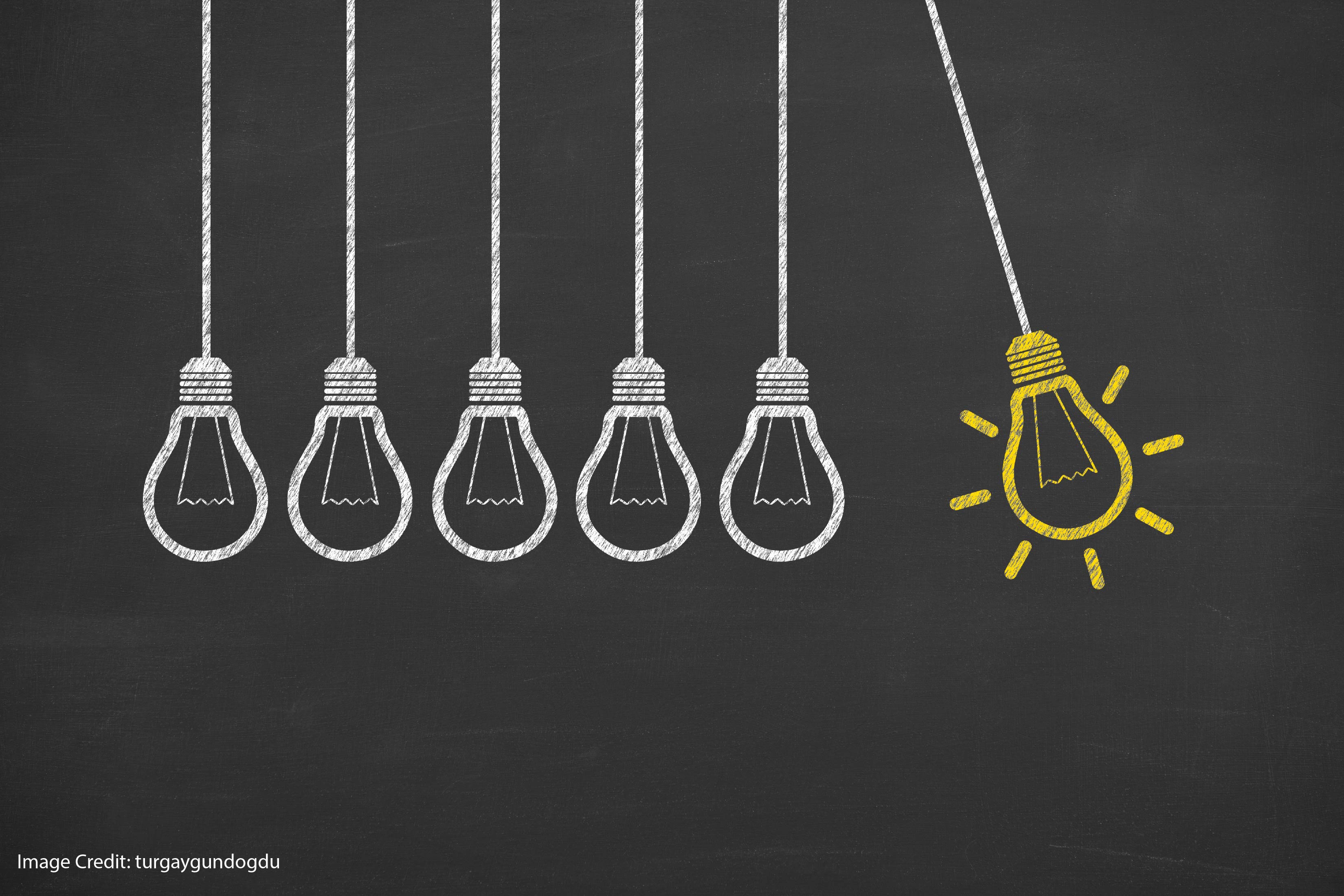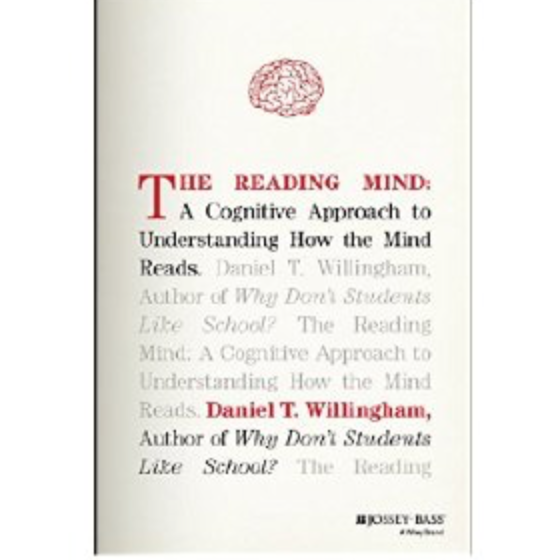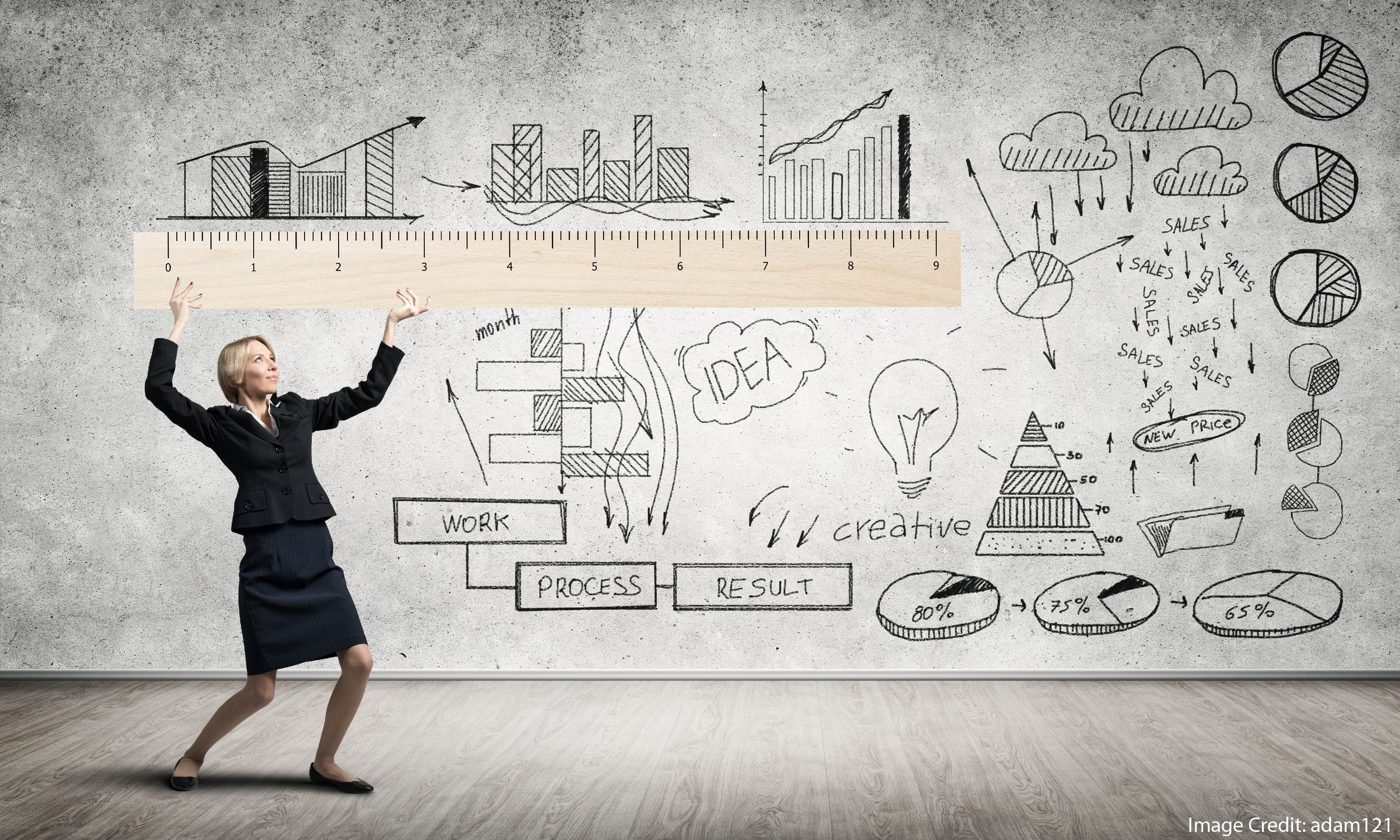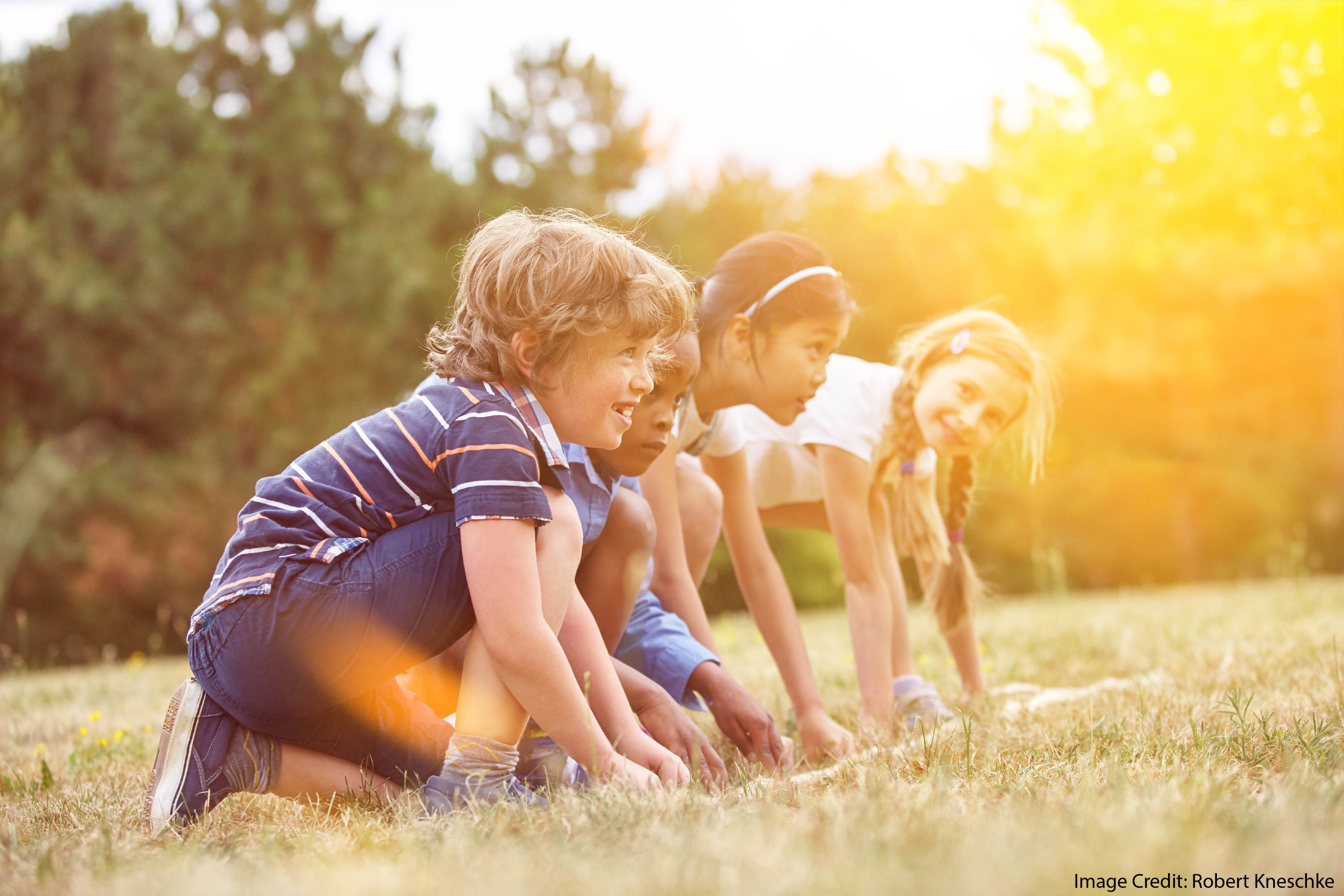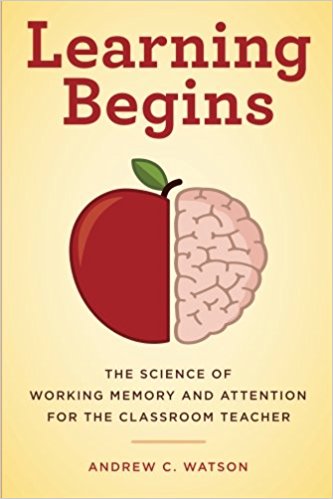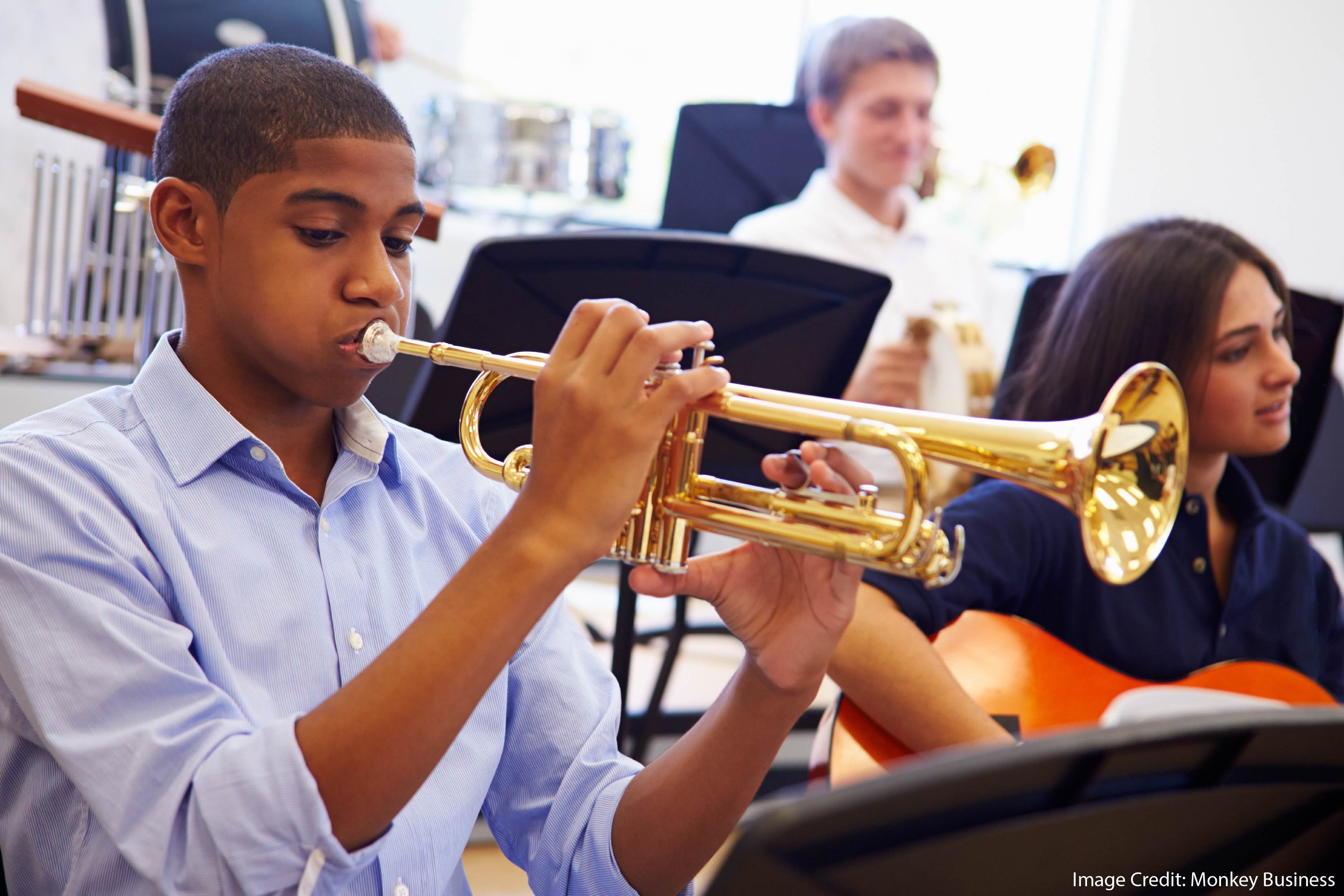Learning and the Brain Blog
Do violent video games reduce empathy? If people spend lots...
In movies and on television, chess skill symbolizes "pure intelligence."...
The Learning Scientists are on the case...
“Freedom in intellectual work is found to be the basis...
Articles about learning styles theory--including my own--typically focus on debunking...
Over at Psychology Today, Nate Kornell speculates about the potential...
Reading is a complex cognitive task. How is it that...
How should we manage working memory limitations in the classroom?...
Over at The Anova, Freddie deBoer has a knack for...
Maria Montessori described observing children in a traditional classroom as...
Oxytocin is often described as the "love hormone." Apparently lots...
It’s finals time! As the promise of spring and summer...
Should 9th graders start music classes--even if they've never played an...
